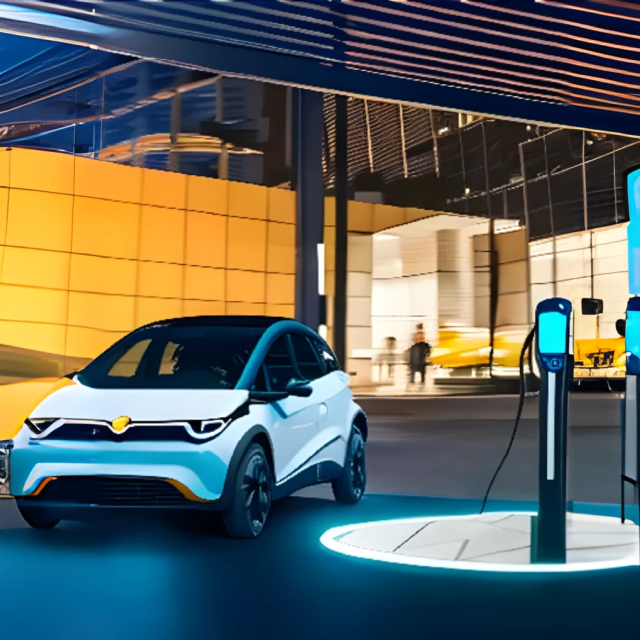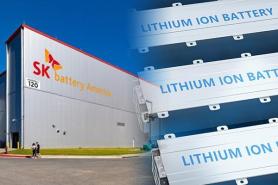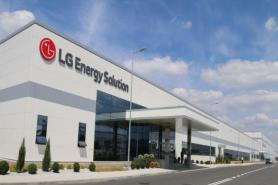
SEOUL -- According to data released by the environment ministry, it took an average of about three days to fix a broken electric vehicle charger. South Korea has a rapidly growing number of EVs but charging infrastructure is not growing as fast as the clean energy vehicle market.
As of 2022, there were some 400,000 clean energy vehicles registered in South Korea where some 5.5 million vehicles roam the roads. The number of registered clean energy vehicles, mostly EVs, increased by 68.4 percent on-year. The growth rate of the number of EVs is even steeper in 2023, hitting about 25 percent on-year increase rate during the first half of 2023.
However, while the growth of the EV market is skyrocketing, the growth of EV charging infrastructure is slower. There were a total of 194,081 chargers installed across South Korea as of 2022, which means that there is one charger available for every two EVs. Out of the total number of chargers, only 20,737 chargers supported rapid charging which can fully charge a vehicle within a few hours.
Data released by the environment ministry showed that a total of 1,664 cases of malfunctioning EV chargers were reported during the first seven months of 2023 and they took an average of 3.2 days to be fully functional again. In 2022, a total of 4,135 broken EV charger cases were reported and it took an average of 3.1 days to be repaired.
Although there were no cases that took more than 100 days to repair a broken charger in 2023, there was a case that took 40 days. For 701 cases in 2023, it took more than three days to repair. In 2021, 127 chargers were left inoperable for more than 100 days. The longest time took to repair a charger was 243 days in 2021.
Copyright ⓒ Aju Press All rights reserved.




